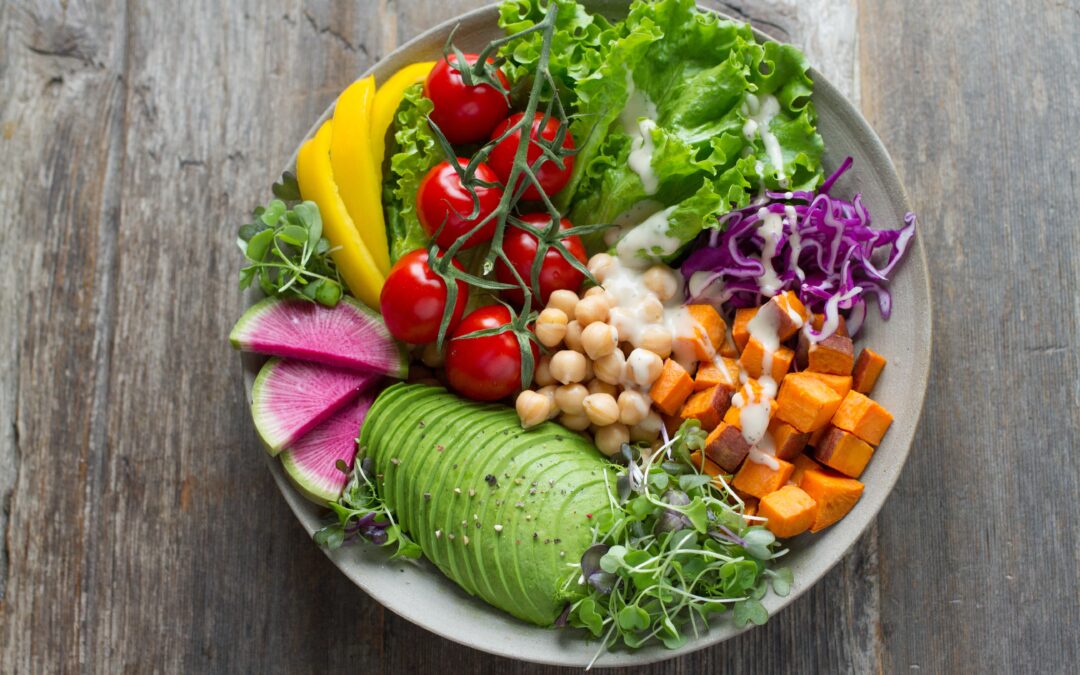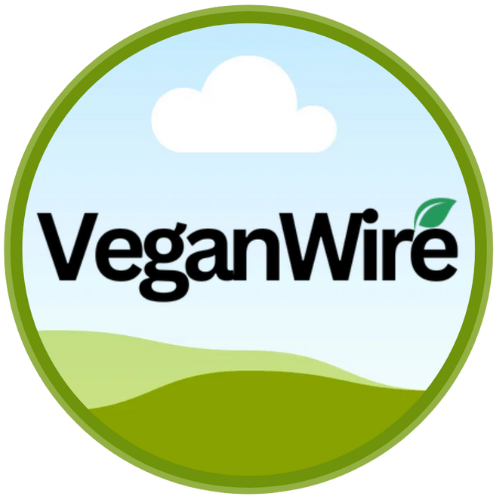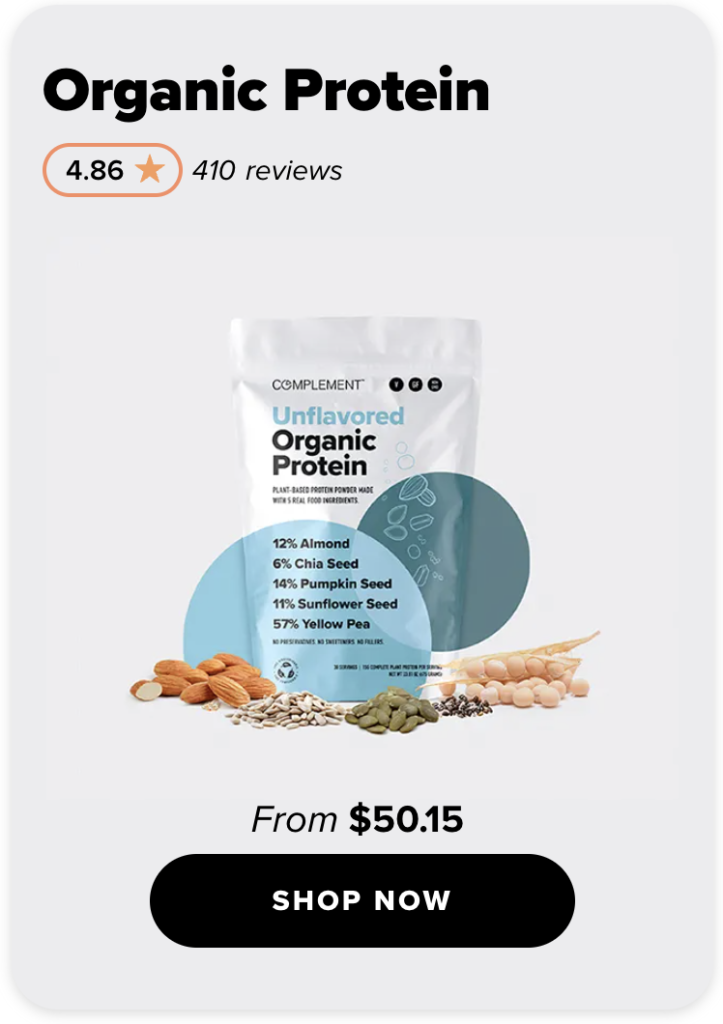Veganism is a lifestyle choice that is becoming increasingly popular, with more and more people choosing to eliminate animal products from their diets. Despite its growing popularity, however, there are still many misconceptions and myths surrounding veganism. Let’s examine some of the most common myths about veganism.
Myth 1: Vegans Don’t Get Enough Protein
One of the most common myths about veganism is that it is difficult to get enough protein without consuming animal products. This is simply not true. There are many plant-based sources of protein that are easily accessible, such as beans, lentils, nuts, and tofu. In fact, a well-planned vegan diet can provide all the necessary nutrients for a healthy diet, including protein.
A study published in the Journal of the Academy of Nutrition and Dietetics found that a vegan diet can meet the protein requirements for most individuals, and that plant-based proteins can provide all the essential amino acids that are necessary for optimal health (1).
Additionally, Many athletes and even bodybuilders are now embracing the plant-based diet and showing us clearly that you can still be strong and build muscle with a vegan diet.
Myth 2: Veganism is Expensive
Another common myth about veganism is that it is expensive. While it is true that some specialty vegan products can be costly, a vegan diet can be just as affordable as any other diet. In fact, many staple vegan foods, such as beans, rice, and vegetables, are exceptionally affordable. Additionally, with a little creativity and meal planning, it is easy to create delicious and budget-friendly vegan meals.
A study published in the Journal of Hunger and Environmental Nutrition found that a plant-based diet is often more affordable than a diet that includes meat and dairy products. The study found that plant-based foods were typically less expensive than animal-based foods (2).
Myth 3: Veganism is Unnatural
Some people argue that veganism is unnatural because humans have been consuming animal products for thousands of years. However, this argument is based on the idea that just because something is traditional or has been done for a long time, it’s natural. The fact is, our understanding of nutrition and the effects of different foods on our health have advanced significantly in recent years, and we now know that a plant-based diet can be just as healthy, if not healthier, than a diet that includes animal products.
Furthermore, There is evidence that early human ancestors were mostly plant-eaters, and the shift to a diet rich in animal products only happened relatively recently in the grand scheme of human history. A review article published in the American Journal of Clinical Nutrition suggests that the human species evolved to be well-suited to a diet that is mostly made up of plant foods (3).
Myth 4: Veganism is Boring
Another myth about veganism is that it is boring and that there aren’t many options when it comes to vegan food. This couldn’t be further from the truth. With the rise of veganism, there are now more vegan options available than ever before, and there are countless delicious and creative vegan recipes available online and in cookbooks. From vegan burgers to vegan sushi, there is truly something for everyone on a vegan diet.
In addition, many restaurants now have vegan options, and more and more supermarkets are stocking plant-based alternatives to meat and dairy products. With a little bit of experimentation, you’re sure to find a variety of foods you enjoy as a vegan.
Myth 5: Veganism is not healthy
One of the most persistent myths about veganism is that it is not healthy. This is simply untrue. A well-planned vegan diet can provide all the necessary nutrients for good health and can even have a number of health benefits.
A review of 12 studies on vegan diets published in the Journal of Geriatric Cardiology found that a vegan diet is associated with a lower risk of heart disease, high blood pressure, type 2 diabetes, and certain types of cancer (4). Additionally, a study published in the journal Nutrients found that a vegan diet can help improve overall health and lower the risk of chronic diseases (5).
It is important to note, however, that like any diet, a vegan diet can be unhealthy if not planned correctly. It is important for vegans to make sure they are getting enough essential nutrients, such as iron and B12, which are typically found in animal products. This can be done by including fortified foods or supplements in their diet.
Conclusion
There are many misconceptions surrounding veganism. But with a little research, it’s easy to see that a vegan diet can be just as nutritious and healthy as any other diet. Additionally, with a growing number of options available, it is also delicious and easy to maintain a vegan lifestyle.
References
- Sabaté, J., & Wien, M. (2013). Vegetarian diets and the incidence of cancer in a low-risk population. Cancer Epidemiology, Biomarkers & Prevention, 22(2), 286–294.
- Melina, V., Craig, W., & Levin, S. (2016). Position of the Academy of Nutrition and Dietetics: Vegetarian Diets. Journal of the Academy of Nutrition and Dietetics, 116(12), 1970–1980.
- Davis, B., & Melina, V. (2014). Becoming Vegan: The Complete Guide to Adopting a Healthy Plant-Based Diet. Summertown, TN: Book Publishing Company.
- Orlich, M. J., Singh, P. N., Sabaté, J., et al. (2013). Vegetarian dietary patterns and mortality in Adventist Health Study 2. JAMA Intern Med, 173(13), 1230–1238.
- Appleby, P. N., Key, T. J., & Rosell, M. S. (2016). Health effects of vegetarian and vegan diets. Proceedings of the Nutrition Society, 75(3), 287–293.
- Some research for this article was compiled with the assistance of ChatGPT/OpenAI







